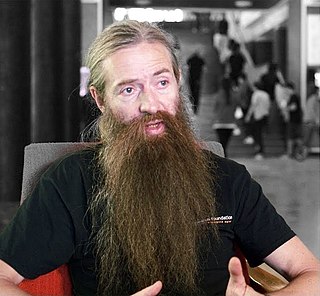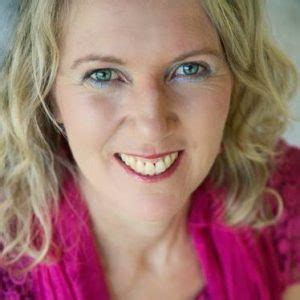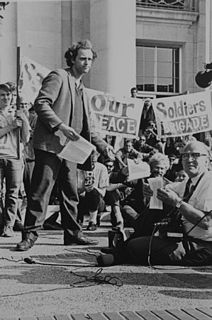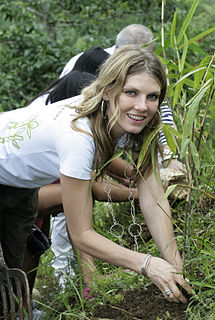A Quote by Rudy Rucker
Our bodies are the time machine.
Quote Topics
Related Quotes
The danger of dioxins in our environment, our food chain, and our bodies is difficult to illustrate, since they are not visible to the naked eye. My time in Vietnam allowed me to see the result of large quantities of them and therefore understand better the insidiousness of the smaller quantities that have found their way into our lives and bodies.
Each time we deny our female functions, each time we deviate from our bodies' natural path, we move father away from out feminine roots. Our female bodies need us now more than ever, and we too need the wisdom, the wildness, the passion, the joy, the vitality and the authenticity that we can gain through this most intimate of reconciliations.
There's a time when the operation of the machine becomes so odious, makes you so sick at heart, that you can't take part; you can't even tacitly take part. And you've got to put your bodies upon the gears and upon the wheels, upon all the apparatus and you've got to make it stop. And you've got to indicate to the people who run it, to the people who own it, that unless you're free, the machine will be prevented from working at all.
The flower inside the fruit that is both its parent and its child. Decadent as ancestors. The portal and that which passes. Nuclear devices activated, and the machine keeps pushing time through the cogs, like paste into strings into paste again, and only the machine keeps using time to make time to make time. And when the machine stops, time was an illusion that we created free will.
On September 11 one of the messages on our answering machine was from The New Yorker saying get down here right away for a special issue we'll be doing. That seemed so irrelevant to me, considering the cataclysm. I went to my studio for a while and I was processing the news. Because when we were in the thick of it, it just felt like Mars Attacks!, Is Paris Burning?, and I had no perspective. For a while, I thought I should go down and look for bodies. At the same time, since The New Yorker was looking for images, I thought, "Well, I'm more trained to look for images than for bodies."
Are we our bodies? Is a small person less than a big person, then? If we were our bodies, then when we lost an arm, or a leg, would we be less, would we begin to fade from existence? No. We are the same person. We are not our bodies; we are our thoughts. As they form, they define who we are, and create the reality of our existence.
We usually do pay attention to our outer appearance, typically noticing whatever part of our bodies we are unhappy about. It behooves us, however, to get on very good terms with more than just the surface of our bodies as we grow older; for if we don't listen to our bodies and pay attention to our physical needs and pleasures, this vehicle that we need to be running well to take us into a long and comfortable life, will limit what we can do and who we become.





































